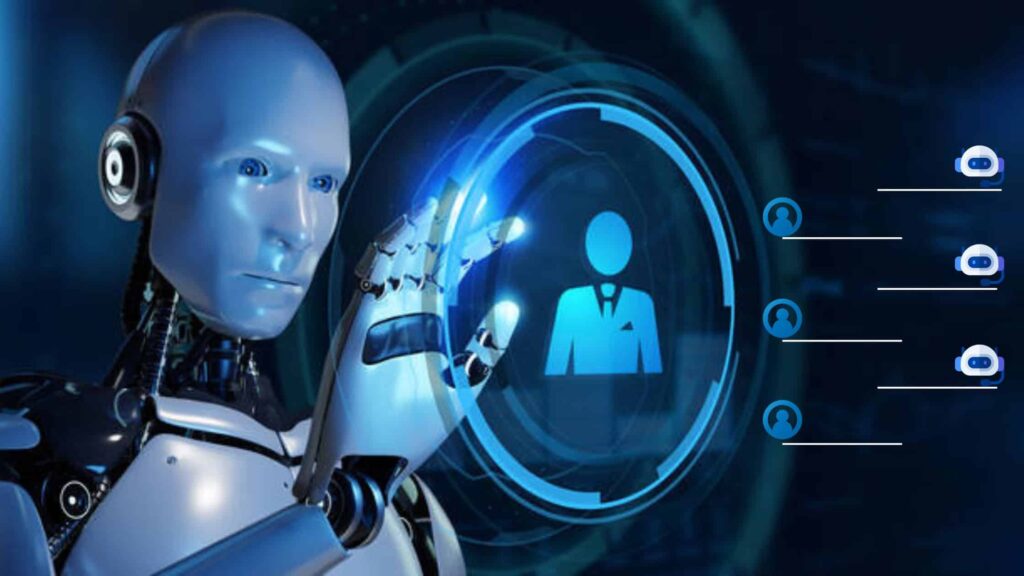How AI Chatbots Are Revolutionizing Job Interviews - Vati
The Evolution of Job Interviews
Job interviews have long been a cornerstone of the hiring process. Traditionally, these interviews were conducted by human recruiters or hiring managers who assessed candidates based on their qualifications, experience, and interpersonal skills. However, as technology has advanced, so too has the way interviews are conducted.
The advent of online job applications and remote work has led to an increased demand for streamlined and efficient hiring processes. This demand, coupled with the rapid advancements in AI and natural language processing (NLP), has given rise to AI chatbots as interviewers.
In the ever-evolving world of job interviews, Vati is at the forefront of innovation. From traditional face-to-face meetings to the integration of cutting-edge AI chatbots, Vati has witnessed the remarkable evolution of this critical aspect of the hiring process. Join us to explore Vati’s career planning and assessment service and tools with the changing landscape of job interviews.
The Rise of AI Chatbots in Job Interviews

Job interviews have traditionally been conducted by human recruiters or hiring managers. However, several factors have contributed to the adoption of AI chatbots in the hiring process:
1. Efficiency: AI chatbots can conduct interviews 24/7, significantly reducing the time and effort required for initial candidate assessments. They can handle a large volume of interviews simultaneously, accelerating the hiring process.
2. Consistency: Unlike human interviewers, AI chatbots ask the same set of questions to every candidate, ensuring a consistent interview experience. This consistency helps in making fairer comparisons between candidates.
3. Scalability: Organizations with high recruitment needs can benefit from the scalability of AI chatbots. They can efficiently manage a large pool of applicants without overburdening human resources.
4. Data-Driven Insights: AI chatbots can analyze candidate responses and provide data-driven insights to hiring teams, helping them make more informed decisions about which candidates to advance in the process.
5. Reduced Bias: When designed and trained correctly, AI chatbots can be programmed to minimize bias in the interview process, potentially leading to fairer evaluations of candidates.
Here is an article exploring seven groundbreaking AI-driven job search ways in which AI is transforming the job search landscape, helping individuals find their next career opportunity with greater efficiency and precision.
Challenges and Concerns

While AI chatbots offer many advantages, they also come with significant challenges and concerns:
1. Bias and Fairness: AI chatbots can inherit biases present in their training data. This can result in discriminatory outcomes, disadvantaging certain groups of candidates.
2. Lack of Human Interaction: One of the criticisms of AI chatbots is the absence of human interaction, which can be crucial in assessing soft skills and cultural fit.
3. Limited Contextual Understanding: AI chatbots may struggle to grasp the nuances of a candidate’s responses, especially when it comes to complex or unstructured questions.
Read More: How AI Chatbots Are Revolutionizing Job Interviews
Read More Articles:
- Top 10 Highest Paying IT Jobs In 2023
- Exploring Canadian Culture: A Journey for Bachelor’s Degree Holders
- Scholarships And Financial Aid Options For International Students In Canada


Comments
Post a Comment